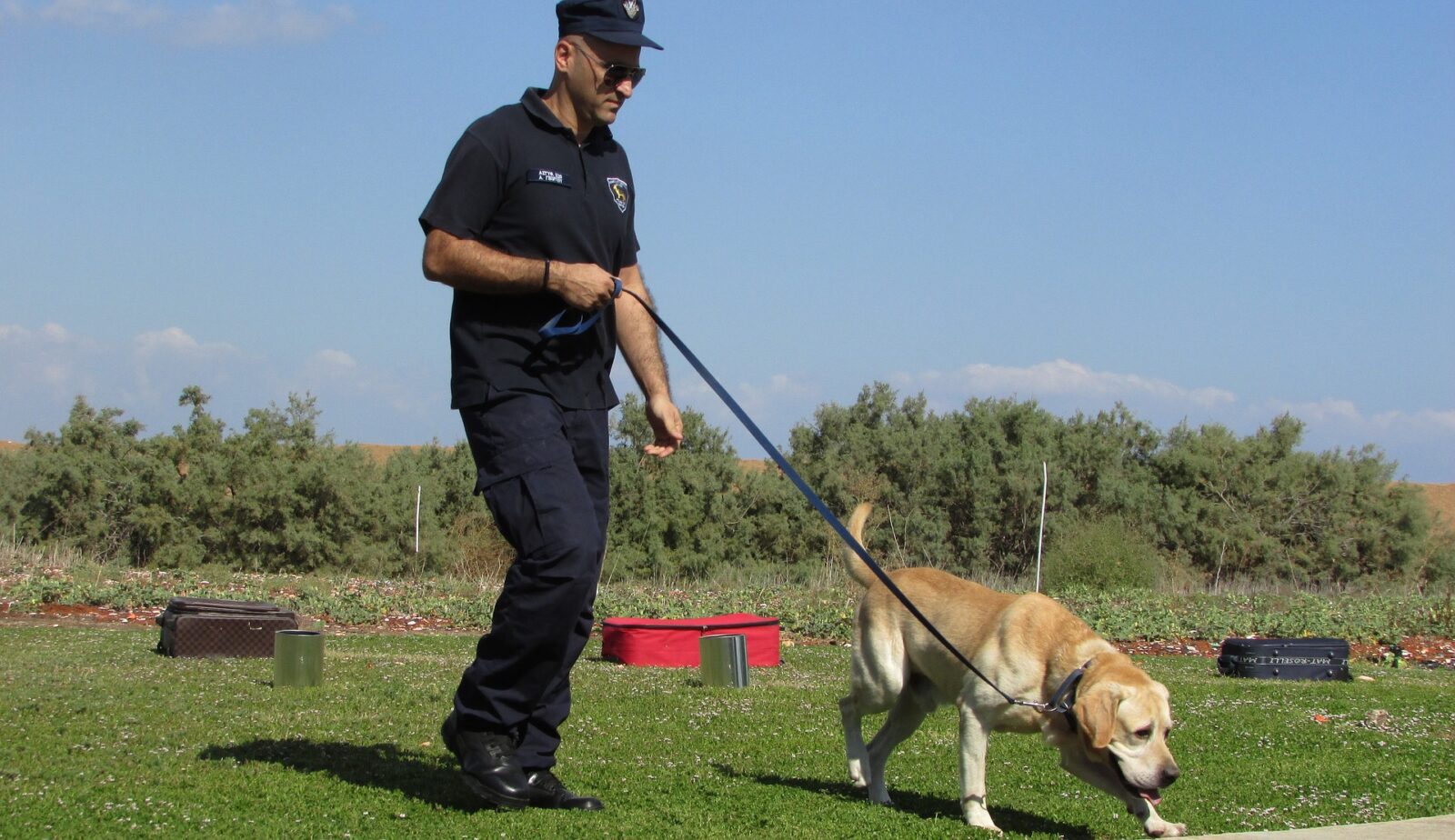Working with animals can be highly rewarding and there are lots of options out there depending on what species you are interested in. Here are some tips to land the job you want.
What jobs are there?
- Veterinary Surgeon
- Veterinary Nurse
- Animal Nursing Assistant
- Dog Groomer
- Dog trainer
- ZooKeeper
- Farmhand
- Kennel hand
- Working for an animal charity
- RSPCA inspector
- Dog warden
- Marine biologist
- Police/Army dog handler
- Falconer
- ….and more!
Get lots of experience
You might like the idea on paper, but nothing beats working and seeing what you like. Volunteering will allow you to see what day to day activities are involved with the job you are interested in, and it also gives you a chance to talk to people already in the field to see what they like and don’t like. Don’t be afraid to try something you aren’t sure about – I volunteered for London Aquarium and didn’t think I would like it, and I loved it. Also, never forget that volunteer work looks great on your CV!
Write a good covering letter
If you’re looking to reach an organisation for a volunteer opportunity, you’ll want to stand out, so avoid phrases such as “I love animals” as these are cliche. Look into the business and relate this to what you write. For example, if you want to volunteer at a veterinary practice find out what animals they treat and talk about them in your letter. Tailoring your CV to the job you’re hoping to successfully apply for is worth the time and effort – Whether it’s a volunteer post or a full-time job in any field!
Get stuck in
So your letter worked and you have been offered a volunteer job? That’s great! When you arrive, spend a day or two getting used to the routine and learn the rules, but when you feel comfortable, ask to help and use your initiative. Don’t be afraid to ask questions either!
Get qualified
There are many qualifications out there involving animals. Some take place at college level while others are at a university level. Whilst there are specific courses such as veterinary nursing, there are also broader ones like animal management if you aren’t sure what you want to do. Have a look at local colleges and universities to see what’s on offer.
It’s hard work
They say never work with children or animals, and there’s a sense of truth in that – It’s not easy. Working with animals can be mentally and physically hard. There is a lot of cleaning, carrying and walking which you need to be prepared for. In many animal jobs, it can be mentally challenging if you work in a veterinary setting for example and see unwell animals and perhaps people who cannot afford treatment. It’s good to emphasise with people, however, it is important for your own mental wellbeing that you learn to not let these issues affect you.

You need good people skills
You need to be able to communicate well with the owners as well as the animals. This is particularly true in the case of dog trainers, where you are training both the human and their canine companion. If you don’t communicate well, the animal could suffer as a result due to incorrect information being given or understood.
The emotional rewards are second to none
Whilst not all jobs in the animal industry pay well, and the hours are long, the rewards you get from working with animals make it all worthwhile. Whether that be helping an animal get better medically, or training an unruly pup into a well-mannered adult beats any office job!
What about setting up your own pet care business? Read this blog for some helpful tips!

